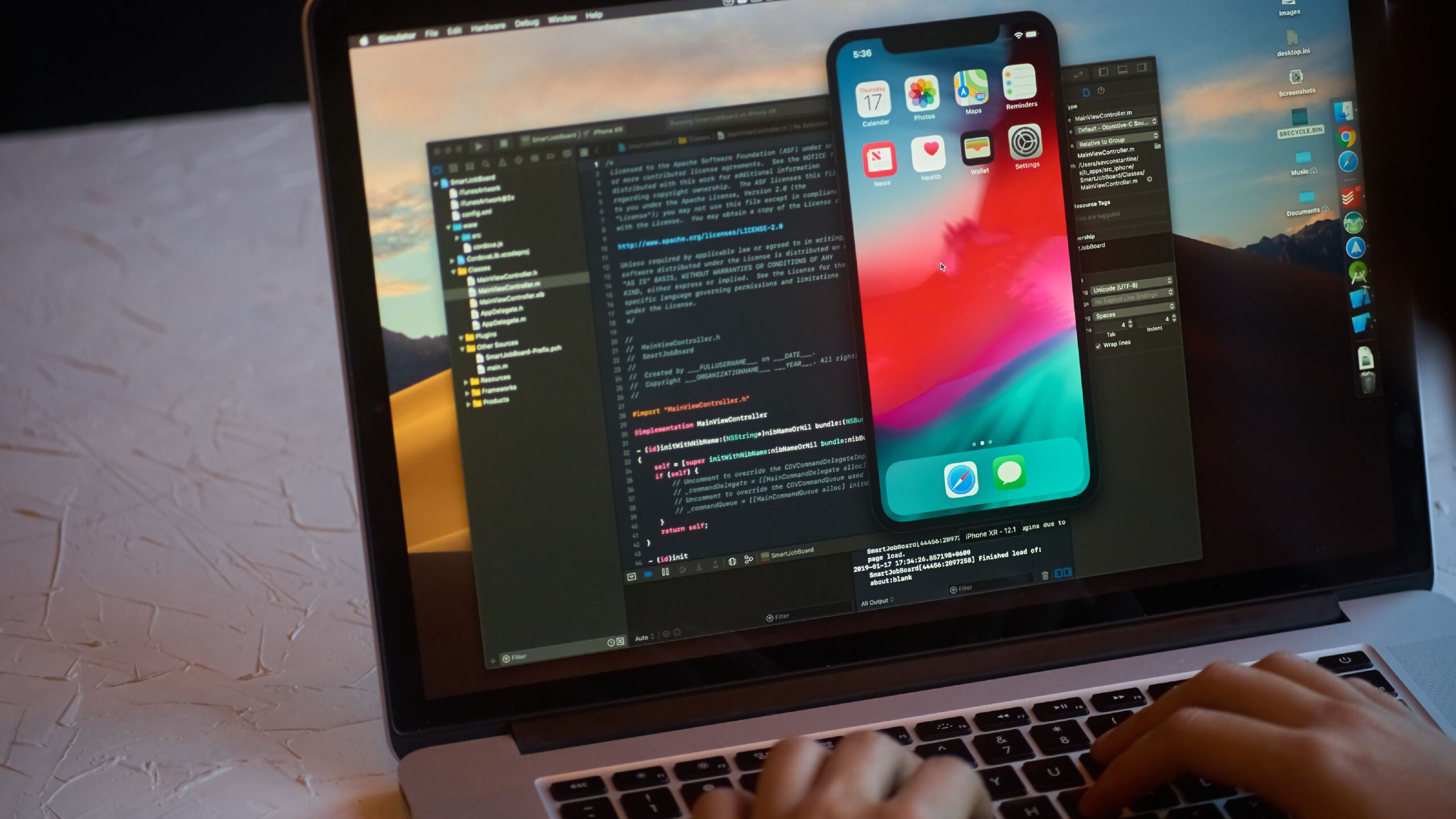Trying To Ban Links to Software Is The DMCA Joke That Never Gets Old
 I had a good laugh earlier this week when a Digital Millennium Copyright Act takedown notice sent by HBO to Google included not just requests to remove search results pointing to infringing “Game of Thrones” downloads, but also one linking to a downloadable copy of the VLC Media Player.
I had a good laugh earlier this week when a Digital Millennium Copyright Act takedown notice sent by HBO to Google included not just requests to remove search results pointing to infringing “Game of Thrones” downloads, but also one linking to a downloadable copy of the VLC Media Player.
VLC, if you’re unfamiliar with those three letters, is a helpful, open-source video player that ignores the usual annoyances of commercial DVD releases: region codes that stop you from watching them in some places, skip-proof FBI warnings, unavoidable trailers. I’ve repeatedly recommended it on account of those virtues.
But unless HBO has been doing a lot more work in video software than I knew, VLC doesn’t infringe its copyrights–so, wow, isn’t that company stupid to target it?
By the letter of the law, no. The DMCA bans distributing tools that circumvent copyright holders’ “digital rights management” usage restrictions. And not even 13 years ago, two federal courts held it illegal not just to post an evolutionary ancestor of VLC’s DVD-playback code, but even to link to sites offering that software for download.
The software in question was a Linux package called DeCSS that brought DVD playback to that operating system when commercial DVD licensees had ignored it. Movie studios focused on the fact that DeCSS had to break DVD encryption to do this job and sought to scrub it from the Web.
(Often-ignored fact: Manufacturers and movie studios brought DVD players and movies to the US. market in March 1997, months before the DMCA was even introduced in Congress.)
When a group of them took the publishers of the hacker quarterly 2600 to court for this offense, they won. In August of 2000, District Judge Lewis A. Kaplan prohibited 2600’s editors from “knowingly linking […] to any other web site containing DeCSS, or knowingly maintaining any such link, for the purpose of disseminating DeCSS.” A year later, a panel of circuit-court judges upheld the ruling.
That was a breathtakingly foolish decision–as I wrote at the time, the ruling didn’t stop 2600 from posting non-linked Web addresses, nor did it prevent posting the source code of DeCSS in a variety of forms.
Nobody should have been surprised to see the Internet route around this censorship–DeCSS never went offline, nor did the successor code libdvdcss that helps VLC do its job.
And it didn’t take too many years for the media to ignore the ruling and start linking to VLC and other unlicensed DVD-playback programs in stories, even though the same arguments that went against DeCSS could be aimed at VLC.
(VLC’s developers don’t say if the app violates the DMCA’s anti-circumvention clause; a legal-terms page citing the project’s French location simply says “VideoLAN is NOT a US-based organization and is therefore outside US jurisdiction.” A case against it would likely hinge on whether VLC is “primarily designed or produced” to play DVDs or “has only limited commercially significant purpose” besides that. I don’t think that would fly, but I’ve seen much more absurd claims advanced.)
I may have felt like I was going on a limb when I pointed readers to VLC and a DVD-ripping tool called DVD Decrypter in a 2003 piece for the Washington Post on the futility of the movie industry’s anti-ripping battle, but nobody squawked. By 2007, the New York Times was routinely linking to VLC–sometimes with a brief recap of the DeCSS case, sometimes with none–and even to apps that do nothing but rip DVDs, such as Handbrake.
But why should the NYT or my old shop have worried? By five years after the original 2600 verdict, you could find links to VLC at the government’s own sites. See, for instance, this July 2006 paper on digitally enhancing videos to make them more accessible to the visually impaired, published at the National Institutes of Health’s PubMed site.
And a few days before the 11th anniversary of Judge Kaplan’s ruling, even Congress’s own IT department had gotten over any possible hangups with pointing people to VLC–it explicitly recommended that members’ sites link to the program to ensure visitors could watch any video they shared.
No, HBO, I don’t think your attempt to ban a link to VLC, intentional or not, is going to work. But it may make your efforts to quash infringing “Game of Thrones” downloads look easy in comparison.








